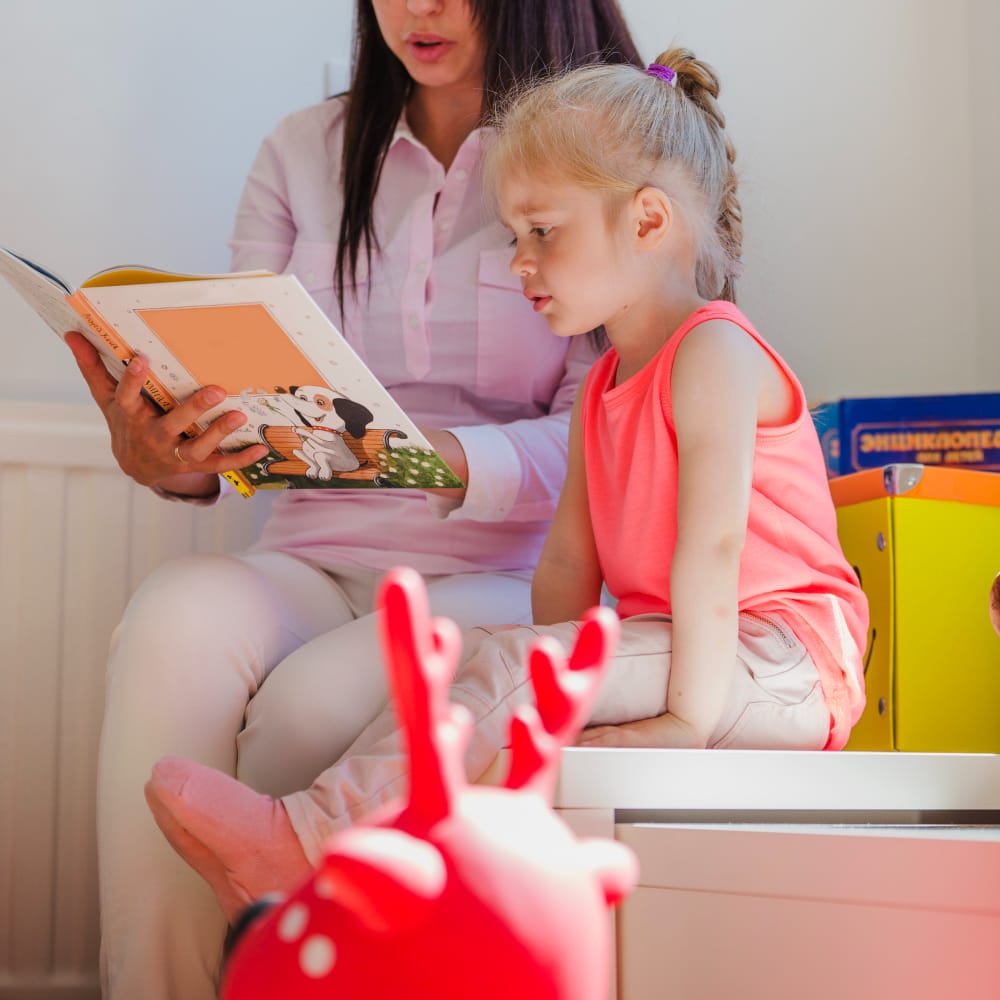
Educating intellectually gifted children can be a rather tricky business. Many assume that children will very high IQ’s will automatically do well at school, but without the correct intervention intellectually gifted children may never reach their full potential – becoming bored and disillusioned with school, many intellectually gifted children have been known to drop out of school all together!
Gifted children will only do well if they have the required personal characteristics (a good work ethic, persistence, resilience, etc) and are nurtured in an enriching environment that provides the right kind of opportunities for learning.
Dr Shirley Kokot reminds us that an “enriching environment” does not necessarily mean an environment full of the latest toys and technology. But instead it is characterised by attentive adults who spend time and energy helping the child to discover their world.
Intellectually gifted children need an enriched learning environment consisting of the following vital elements:
- Acceleration: Speeding up of instruction as gifted children learn and understand quicker than their peers
- Enrichment: Increased depth of study – this would include activities that go beyond the regular curriculum
- Flexibility (For example: If an intellectually gifted child grade 3 learner is capable doing grade 6 maths he should be taught maths at this level; an intellectually gifted child’s time table should also him / her to explore other talents e.g. music or sports)
- A staff development plan is needed so that teachers know how to stimulate intellectually gifted children. Developing an individualised learning plan for an intellectually gifted learner helps to ensure that he / she is being adequately challenged at school.
- Parents should also seek guidance by joining support groups for parents with intellectually gifted children and organisations like Mensa for children, who often arrange intellectually stimulating outings.
Related articles:



